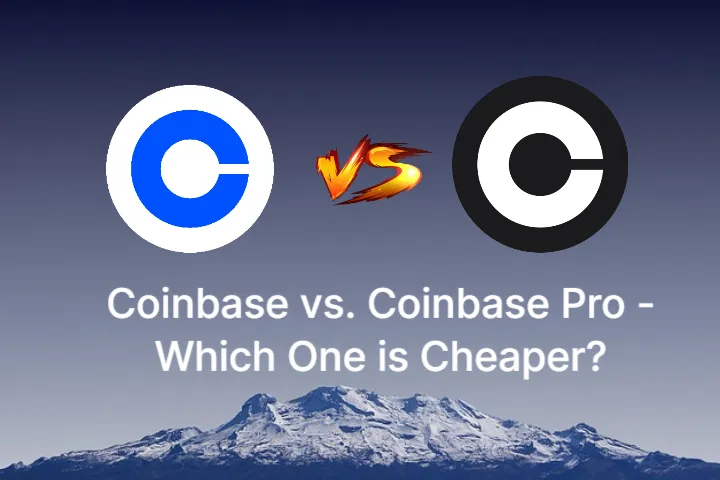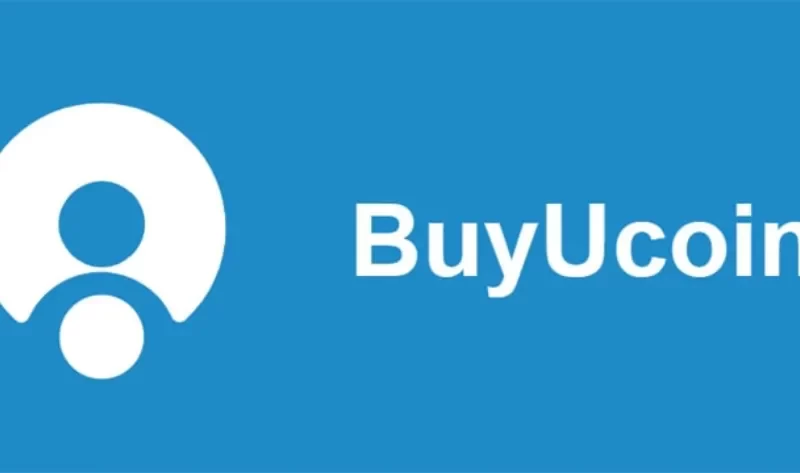The first step in anti-money laundering (AML) due diligence is “knowing your customer” (KYC). The cryptocurrency KYC process entails the exchange confirming your identity and demonstrating that you are who you say you are.
Financial regulators at the national and international levels are increasing their pressure on companies that provide services for digital assets to adhere to the same regulations as conventional banks as the cryptocurrency industry develops and matures. Although there is ongoing discussion about how to strike the right balance between privacy and security, effective know-your-customer (KYC) procedures aid in preventing unauthorized cryptocurrency use.
What is KYC?

KYC means “know your customer.” It speaks of a financial institution’s duty to conduct specific identity and background checks on its customers before allowing them to use its platform or product. It is a component of a larger package of controls used by regulators globally to combat money laundering.
In other words, it prevents criminals from disguising the source of their funding as legitimate financial activity.
How Does KYC Work With Crypto?

KYC in cryptocurrency aims to stop illegal activities like money laundering, terrorist financing, and tax evasion by confirming the identity of a customer.
Customers may be able to create accounts on some exchanges prior to completing the crypto KYC procedure, but these accounts are typically subject to strict restrictions until identity verification is complete. For instance, many exchanges require identity verification before allowing a customer to actually buy cryptocurrency or withdraw money. Some people will set a cap on deposits.
The way each cryptocurrency exchange handles KYC will vary. However, generally speaking, during the KYC process, you will need to provide the cryptocurrency exchange with your:
- Full name
- Date of birth
- Residential address
A photo of a current, legally issued ID card, such as a driver’s license or passport, will then be requested by the cryptocurrency exchange. In order to confirm your identity, they will use this information. They will grant you access to their services once your identity has been successfully verified.
A cryptocurrency exchange may occasionally undergo a more thorough process of customer due diligence. In these situations, you might also be asked to send them a selfie and some additional details. In accordance with Financial Action Task Force (FATF) recommendations, crypto exchanges should implement a risk-based strategy for crypto KYC compliance. Accordingly, low-risk customers will deal with less onerous requirements, while high-risk customers will need to comply with stricter crypto KYC compliance requirements.
FATF recommendations suggest that cryptocurrency exchanges continuously keep an eye on their users as well. They should also:
- Screen customers to make sure they’re not subject to international sanctions
- Ensure they’re not a politically exposed person (PEP)
- Screen the customer for adverse media
What Are the Benefits of Crypto KYC?

Despite operational adjustments and obstacles that arise when implementing KYC standards, cryptocurrency exchanges benefit significantly from regulatory compliance for the reasons listed below:
- Increased transparency and trust among customers
Transparency and customer trust are enhanced by user identity verification. Users are more likely to stick with the service if they have faith that their cryptocurrency exchange is taking proactive and preventive steps to safeguard their accounts.
- Less money laundering and scams
More than 46,000 customers reported losing more than $1 billion in cryptocurrency to scammers between January 1 and March 31, 2022. (Fletcher 2022) Thorough identity verification can significantly lower fraudulent activity and enhance market reputation.
- Reduced legal risk
Strong KYC processes will help businesses stay on top of changing legal requirements. By requiring government-issued identification and identifying financial history and assets, KYC methods give VASPs the ability to prevent/limit instances of fake identities, stop money laundering, and assess customer risk. By taking these actions, businesses can lower their exposure to legal and regulatory risk, freeing up time to concentrate on improving conversion rates, accelerating transactions, and ensuring compliance.
- Increased market stability
Because of shady, anonymous transactions, the cryptocurrency market is infamously unstable. Increased identity verification in KYC programs helps the market remain stable and increase in value.
Can I Buy Crypto Without KYC?

It is possible to buy VAs without completing KYC. Decentralized exchanges (DEXs) and cryptocurrency ATMs, for instance, don’t demand KYC. Crypto ATMs allow users to purchase cryptocurrencies using cash or debit cards, whereas DEXs are blockchain-based P2P markets that allow for extensive crypto asset trading. Instead of serving as intermediaries in the financial system, DEXs accomplish this using automated algorithms.
Can You Buy Crypto Without KYC?
You’ll find KYC requirements on almost all centralized cryptocurrency exchanges. Despite this, users can still buy cryptocurrency without going through a crypto KYC procedure. These approaches are much riskier and more difficult, though.
Cryptocurrency can be purchased using decentralized exchanges and bitcoin ATMs by buyers who would prefer to remain anonymous. There is still a chance that a customer will be scammed even though decentralized exchanges do have security measures in place that are intended to prevent fraud. Decentralized exchanges also frequently charge users higher transaction fees and have less user-friendly interfaces than high-quality centralized exchanges.
In light of this, it is preferable for legitimate buyers to go through the crypto KYC process with a regulated exchange, even though buyers do have options available if they wish to remain anonymous. The process can be finished incredibly quickly, which makes this especially true.
Does KYC Affect Anonymity and Decentralization?
The decentralized economy is predisposed to KYC issues by nature. Decentralized services are made to let users maintain their anonymity and protect their personal data from any centralized authorities. Since they are unable to identify their clients, many crypto businesses.

Regulators have grown increasingly dissatisfied with this situation, and even the most reluctant cryptocurrency exchanges have been forced to implement steadily more stringent crypto KYC measures in response to pressure from regulators, despite the fact that doing so affects anonymity.
However, it’s crucial to note that decentralized exchanges (DEXs) are exempt from the KYC requirements. All businesses that manage trades without a central trading desk through smart contracts are included in this.
Because they are not regarded as financial intermediaries or counterparties, these institutions are not governed by the laws in effect today. This is due to the fact that by utilizing the DEX’s infrastructure, their users engage in direct trading with one another.
Regulators around the world are constantly changing the laws and regulations that govern crypto KYC, even though DEXs are not currently subject to them. As a result, DEXs might eventually be regulated.
What Are the Risks of Buying Crypto Without KYC?

Without completing KYC, purchasing virtual currencies carries a high regulatory risk. For alleged sanctions violations, financial regulators like The Office of Foreign Assets Control (OFAC) have penalized cryptocurrency exchanges. Assets could be put in danger if a platform recognizes black market accounts as fake.
FAQs
Do I Need KYC to Buy Cryptocurrency?
As a result, a KYC process is now required before any customer opens an account on a cryptocurrency exchange. This cryptographic KYC procedure entails the exchange confirming your identity and demonstrating that you are who you say you are.
How Do You Get KYC on Crypto?
The PAN card and an address proof, such as an Aadhar card, passport, driver’s license, or any utility bill, must be submitted after you open an account on a cryptocurrency exchange in order to complete your KYC verification. A check or a bank account statement may occasionally be requested by a few cryptocurrency exchange platforms.
What Does KYC Mean in Binance?
You must finish the identity verification process, also referred to as Know Your Customer (KYC), before you can begin trading on Binance P2P. Users’ identities are verified to ensure that they are trading under their true names. Users are labeled as verified once they have finished the KYC procedure.



